If you have a long history of hosting great events, then it practically markets itself due to its reputation. But, getting to that level of success takes a significant amount of hard work and event marketing.
For organisations, event marketing is an incredibly powerful tool that is required to build an audience for an upcoming event. Whether you’re creating authentic connections with your customers in-person or in a digital context, an effective event marketing campaign is your key to success. However, promoting and advertising your event is no small feat and there are hundreds — if not thousands of ways you can go about marketing your event. Inspire communities to join you at your event rather than simply pushing ticket sales.
Starting to plan the promotion of an event in Ireland?
At VIMAR, we have promoted a number of events and are keen to be involved with more and more events going forward. Our team can build strategy, execute advertising and content plans and even provide social and video coverage of the event.
Why is Event Marketing so Important
Establishing an authentic connection with people is what it’s all about. Build an experience that people will remember and associate with the organisation. Hosting experiential marketing events have shown to establish trust and loyalty among consumers and businesses.
If you are showcasing at an event, audiences have the chance to meet employees of your brand, meet fellow community members with similar interests, or find a like-minded company they can partner with. Those positive experiences can help shape attendees’ opinion of your organisation in a much more direct way than any email or social media ad could. Also, don’t forget about marketing when planning a virtual event or hybrid event!
10 Event Marketing Ideas: How to be a Success at Event Marketing
Events take so much time to plan and prepare for. Then suddenly, the day of the event comes and it’s over quickly.
You want to make sure you’re putting your time and money behind the right ideas that will build and win over your audience . Take a look through ten top tips to ensure your marketing activities are on point.
1. Offer Early-Bird Registration
Reward your event’s early adopters with savings. Once you announce your event and open up tickets, make sure to offer the earliest buyers the lowest prices. This gives attendees a sense of urgency to commit to your event and also gives them a great reason to go ahead and splurge.
2. Leverage the Power of Email Marketing
The inbox isn’t going anywhere. An essential way to capture users’ attention and make them aware of your event is to go directly to them — in their email inbox. When you’re promoting your event, you can leverage your existing list of customers who have opted into receiving emails from your organisation. Stoking interest in your event is easier when you’re pitching to a somewhat more familiar audience. But, in any case, make sure your emails are expertly tailored and full of both content and helpful information about your event.
Instead of keeping things high level, keep your emails focused by asking yourself the question “What would I want this prospective attendee to do next after reading this email?”
3. Use Social Media effectively and run Retargeting Ads
Prospective attendees aren’t likely to buy a ticket to your event the first time they’re made aware of it. While SEO is certainly important to any brand or business, you’ll also want a way to continue to stay in front of your potential customers (and attendees). To buy into your brand and buy a ticket to your event, they’ll need to see a steady drumbeat of content and confidence building materials. After you purchase social media ads and hone in your target pool of attendees, you can retarget those attendees weeks later to give yourself another opportunity to win them over.
Consider influencer marketing as standing on the shoulders of giants. Working with influencers, you’re paying for access to their network of fans and followers who might be interested in your event. Instead of doing the hard work of drumming up that audience yourself, you can use that influencer’s network of followers.
Not all event tickets are paid for. Some are earned through ingenuity. Giving your attendees a fun, interactive way to earn their tickets through a contest while saving their money and garnering your event exposure is a win-win all around.
4. Create and Interesting Landing Page
Make your attendees’ first impression of your event count. Invest in a creative, engaging landing page that reflects the personality and promise of your event. This is an opportunity for your design, marketing, content, and engineering teams to work together and create something wholly unique.
When an attendee clicks through on a social ad, or follows the link detailed in a podcast you’ve sponsored, make sure that the aesthetic experience you’ve promised is delivered on your landing page. You’ll also want to make sure it’s functional. So, be sure to include clear CTAs to purchase a ticket and use crystal clear UX so anyone can browse through your speaker list, or stay tuned to the latest event news.
5. Create an Event Community
A great event doesn’t just create memorable experiences, it creates a community. When you bring attendees together for your event, give them an easy way to stay in contact and stay connected until your next (hopefully) in-person event.
Whether you’re a tech-forward conference firing up a Discord server, or a more corporate organisation sending out invites to an exclusive Facebook group, the sense of community is more important than the medium where it takes place.
Be intentional about fostering a sense of community at your event, and after your event.
6. Highlight the Speakers and Partners in Your Promotion
When you’re first promoting your event, it can be hard to essentially create news you can then share with your audience and use to market your event. Highlighting keynote speakers, and other noteworthy speakers is an incredible way to get the word out about your event.
By highlighting speakers and partners in your promotion, you give your audience a better sense of what, and who, to expect at your event. High-profile event speakers essentially function as marquee attractions that audience members can gravitate towards. If you’re running a technical event, make a big deal out of the fact you booked a stellar CTO. If you’re running a fashion-forward event, promote the art directions from the well-respected brands your audience loves. In any case, leverage the profile of the speakers you book.
Additionally, you can tap your speakers’ and partners’ network to help promote your event.
7. Turn Attendees Into Event Ambassadors
Every event has its superfans. If you notice that there’s a pool of attendees that’s always eager for more content or jumping at the chance to be a part of your event, you can reward that enthusiasm while deepening a sense of community.
Try inviting those eager attendees into an event ambassadorship program in which they can work more closely with your team and help to promote the event they love. Event ambassadors could simply be attendees who are stationed at certain areas of the event to engage with customers or people who not only attend your event but also promote it across their social media channels.
8. Use Content Marketing
Content marketing is more than writing and shipping blog posts and emails. It is a well-orchestrated machine designed to spark and support interest in your event.
To market your event correctly, you’ll need to tailor content to the medium on which you’re sharing it. Your LinkedIn followers are likely different from your Twitter followers. You need to be intentional when deciding what content you think will resonate with each community. You’ll also need to make sure that your content is going out in coordinated waves for maximum impact.
For example, you don’t want one particular community to be last to hear about an amazing keynote speaker you booked. You want to make sure each content marketing step is carried out seamlessly and synchronously across platforms.

9. Know the Audience and Engage
If you’re not quite sure what your audience will look like, find a conference that might be similar to yours and look at what their audience is like. Doing a bit of research will help you pull together a more high-resolution picture of what particular personas will make up your event attendee pool.
The more you know about who your ideal audience is and what they’re interested in, the more effective you can be in your marketing. Using a lookalike audience can help you vet those assumptions and gauge how well your content marketing is working.
Getting listed on sites that your audience frequent is also important. Encourage more ways for people to discover the event. Not everyone is on social media and your event may miss out on key audience members. In event marketing, you’re looking for any and all angles you can find. So, paying or pitching to be on a prominent event aggregator or discovery site can pay dividends.
It’s also a good idea to attend and network at similar events. You may pick up some great ideas. Connecting with other brands that are similar to yours can also be helpful if you’re looking for peer to peer networking and advice. When you’re coordinating your event content, work with press and journalists to establish a schedule of press releases and published articles about your latest bit of news.
10. Spark FOMO (Fear Of Missing Out) – Urgent tickets
There’s no more effective form of marketing than the phrase “you had to be there.” Creating can’t-miss experiences is an essential part of events. Whether you’re hiring an incredible band for a wrap-up show, or incorporating stunning lighting and audio design into your keynote, it pays to stoke FOMO at your event.
Make sure to promote the FOMO, too. Capture snippets of your can’t-miss programming in Instagram stories, Facebook, Twitter and more so the attendees who were on the fence about buying a ticket now know that next time, they shouldn’t wait. This should be in the middle to final stages of the event promotion.
11. Influencer Marketing
Attendees are more likely to know about, and attend your event if they have been following the key members involved. Blogging and social media can help extend the reach of your influencers.
You can contact successful bloggers, vloggers, and influencers on social media. You may also be able to find relevant industry people from local networking events. When you have influencers promoting your event, they have a much larger audience than your own marketing channels.
Attendee list building can be achieved by inviting influencers to your event (either on the house or with another incentive). They are more likely to share posts during and after the conference, which serves as a reminder for everyone on their social media.
Expertise, reach and trustworthiness can make influencers a powerful tool for marketing. For example, 70% of millennials trust them over celebrity endorsements.
12. Press Releases
Press releases have been around for a while, but they’re still just as effective in today’s digital world, with the added benefit of enabling you to reach new markets across the globe.
A press release is a great way to attract media attention for your event and could be the key factor that sets your event apart. A press release has the potential to attract more attention if you can find an angle that is innovative and new, or if you have some ground-breaking ideas at the event.
A good press release can help promote your event’s landing page and get people excited about the coming event. They can also be a great way to find additional influencers to promote the event and try to reach new audiences. With one press release, you can reach thousands of journalists and news outlets.
13. Post-Event Marketing
When it comes to events, there’s more than just the planning and execution that are important for success. Promotions and follow up are also crucial pieces of making your event a success. Planning these out even before the event will ensure you’re able to reach your desired outcome as quickly and smoothly as possible. That’s understandable. You’re so focused on all the work that needs to be done in preparation for the event and pulling it off that you come to see it as another deadline in a big list of tasks.
Picking up the phone and following up with attendees, speakers, sponsors, exhibitors and vendors has a really big impact on your work – for you and for your customer. Planning ahead for the aftermath of any event is essential. If you don’t ensure that your strategies are thorough, chances are you’ll have wasted all of your time and effort without gaining much in return. That’s why you should have a plan of action for what happens after the event, just as important as what happens during it.
After your event, you should work on reviewing the data about individual sessions and the event as a whole. Review which aspects were popular and what adjustments may need to be made for next time.
Event Promotion Timeline
When You Have Your Overall Idea, What Do I Do Next?
Alright, we’ve talked about a ton of concrete steps you can take to market your event. But, what order should you check them off? Here’s an easy way to remember how to order your efforts regardless of if you have a few months to promote your event or a few weeks.
- Early Stage Awareness: Inform your attendees your event exists. Make sure the creatives and web infrastructure are built early.
- Awareness: Tell your attendees the basic information they need to know about your event: where it is, when it is, and what the ticket price is. Allow people to make plans and put it in their diaries.
- Incentive: Pitch your event to your attendees and give them great reasons to come, whether that’s a speaker, a session, or a new product you’re launching. This needs to be the core elements of the marketing campaign.
- Reinforcement: Remind your audience why they should attend your event. Send reminders and last minute incentives to join.
What to Remember about Event Planning
The sooner you start planning your marketing efforts the better. This gives you more time to map out what goals you’re going for at various stages of your marketing journey from raising awareness all the way to driving up ticket sales.
After your event, look at your playbook and see what worked well and what didn’t. Those insights can make it even easier to market your next event and rally your community around it. Plan your marketing strategy in collaboration with your team.
With so many moving pieces and lots of competing priorities, it’s important to have a designated marketing person on your team(or outsourced) who has the time and energy to put into their role. This person will not only give you a clear view of where you are along the process, but can also help with logistics.
VIMAR Digital Marketing Event Marketing
VIMAR have worked with various events to help out on promotion such as Leaves Festival of Writing and Music, Laois Jobs Fair, Mountmellick Drama Festival, Culture Night, Shine in Emo, Dublin Maker and much much more. Contact us today to see how our team can help manage the promotion of your next event.
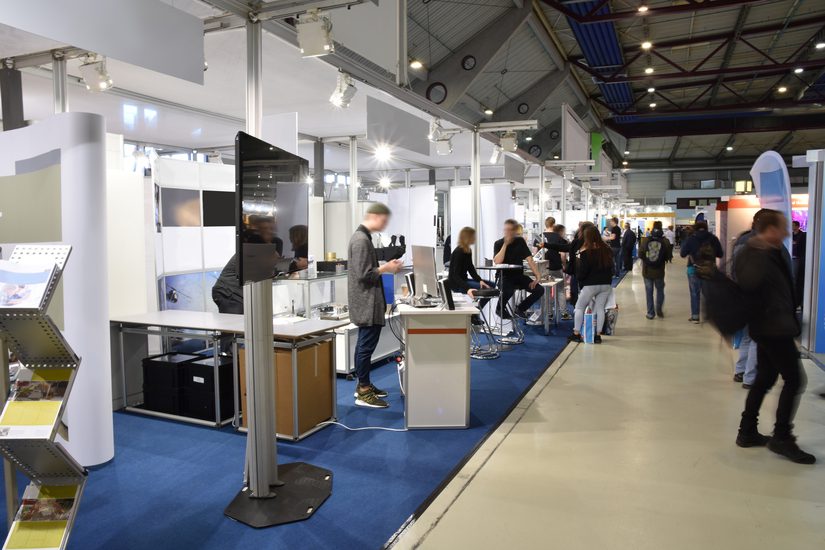

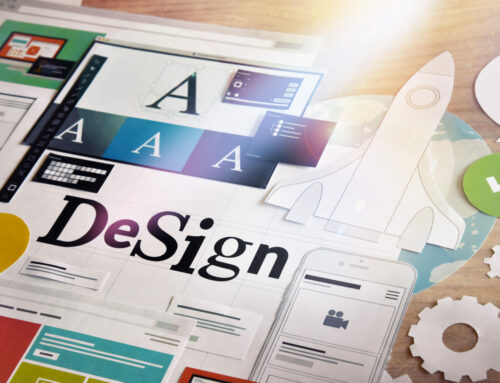
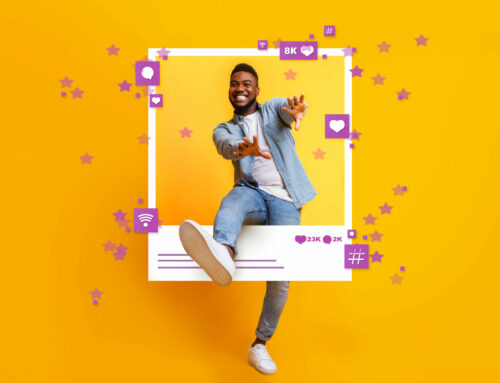
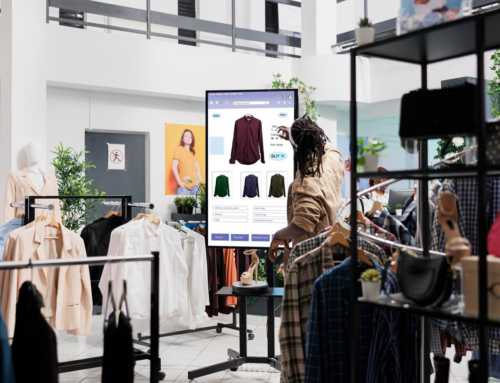
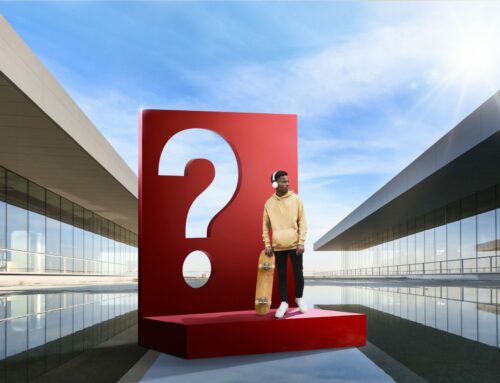
Keep In Touch